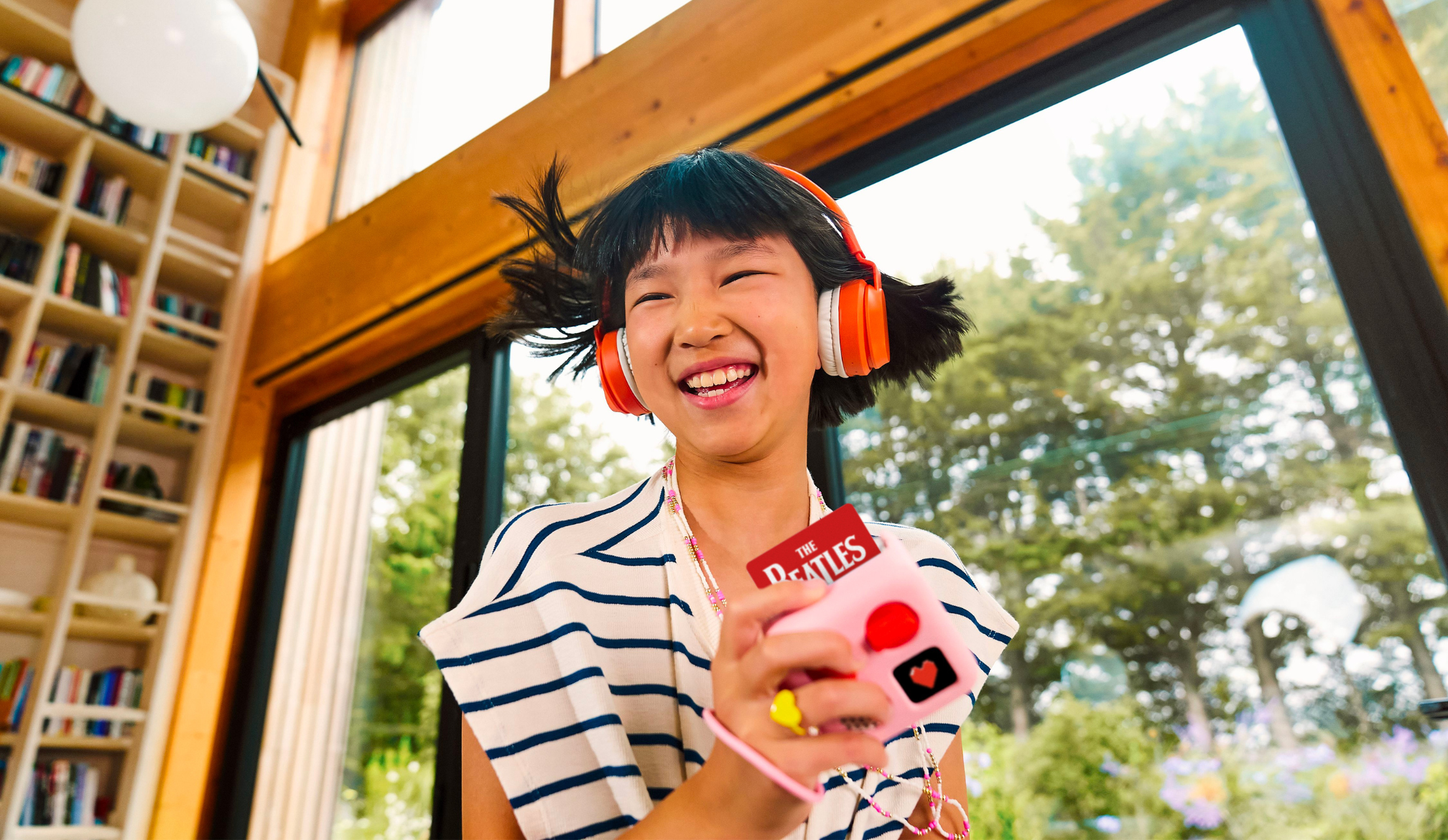Intentions to receive vaccines are associated with the intensity of the pandemic waves and the toughness of anti-pandemic measures; A "rising then declining" trend was observed in vaccine hesitancy, PolyU study finds
HONG KONG SAR - Media OutReach - 17 May 2022 - Since the outbreak of COVID-19 pandemic in early 2020, Hong Kong has recorded a total of 9,000 COVID deaths and more than one million infections in more than two years.
In an effort to fight against the pandemic, the government has been adjusting its pandemic control strategies. Different restrictions and measures have triggered diverse opinion among the public, and some of these in turn have led to differences in the degree of residents' adherence to COVID preventive measures as well as their intention to receive vaccines, a recent study suggests.
Supported by the Health and Medical Research Fund administered by the Food and Health Bureau, The Hong Kong Polytechnic University (PolyU) has conducted a longitudinal study to investigate Hong Kong residents' adherence to various COVID preventive measures and their intention to receive vaccines. The study, which randomly sampled 1,225 people aged 18-85 years old, comprised three stages of phone interviews during the 4th and 5th waves of the pandemic in Hong Kong. Findings have been published in International Journal of Environmental Research and Public Health and Vaccines respectively. Researchers revealed that there was a "rising then declining" trend in vaccine hesitancy amongst the respondents. The team suggested that the government should further review the incentives for vaccination and adopt a two-pronged approach (via "policy" and "education"), to enhance people's awareness and confidence in vaccines.
Stage 1 (19 December, 2020 – 6 January, 2021)
The first round of phone interviews was conducted at the beginning of the 4th wave of the pandemic when the public vaccination programme had yet to have been launched. The majority of the 1,225 respondents reported adhering to the preventive measures suggested by the government, while also indicating reluctance to receive COVID vaccines:
- Wearing face masks in public spaces (94%)
- Avoiding touching eyes, nose, and mouth (88%)
- Using alcohol-based hand sanitiser (82%), and maintaining social distance (75%)
- Indicating an intention to receive vaccines (42%)
- Indicating a hesitancy or refusal to receive vaccines (58%)
Intention to receive vaccination is influenced by multiple factors. Higher intention to receive a vaccine can be related to male gender, older age, type of employment, past experience of epidemics such as SARS and swine flu, lower vaccine safety concerns, higher perceived risk of infection, higher self-efficacy, and greater acceptance of disease prevention measures.
Stage 2 (1 June, 2021 – 11 July, 2021)
Six months after the first round of interviews, 1,003 respondents were contacted to track their actual vaccination status. In this second round of interviews three months after the COVID-19 Vaccination Programme had been launched (note: the Programme officially launched on February 26, 2021). One in four respondents (24%) reported that they had received at least one dose of a COVID-19 vaccine. The main reasons given were to:
- Ensure personal health (68%) and health of family members (64%)
- Meet workplace vaccination requirement (55%)
- Respond to the call from the government (42%)
- Prepare for quarantine-free travel and restriction-free social activities (28%)
Findings showed that actual vaccination status and previous intention to receive a vaccine were not related. Instead, respondents' decisions to vaccinate were affected by their trust in the government and the healthcare system, acceptance of pandemic control measures, current experiences of COVID-19 and the vaccination status of people they know.
Stage 3 (21 December, 2021 – 21 January, 2022)
The third round of interviews was conducted during the early stage of the 5th wave of the pandemic, which was twelve months after the first round and almost a year since the start of the COVID-19 vaccination Programme. At that time, over 80% of respondents had received at least one dose of COVID vaccines. The main reasons given were to:
- Meet workplace vaccination requirement (57%)
- Ensure personal health (55%) and health of family members (51%)
- Respond to the call from the government (32%)
- Prepare for quarantine-free travel and restriction-free social activities (32%)
Changes in intentions to vaccinate
Findings show that respondents' intentions to vaccinate changed over time. Vaccine hesitancy and refusal rates that had risen dropped in the third round of interviews.
- Stage 1
- Vaccine hesitancy or refusal (54%), vaccine willingness (46%)
- Stage 2
- Vaccine hesitancy or refusal (58%), vaccine willingness (42%)
- At least one dose of vaccine (24%)
- Stage 3
- Vaccine hesitancy or refusal (42%), vaccine willingness (59%)
- At least one dose of vaccine (80%)
"Intentions to receive vaccines are associated with the intensity of the pandemic waves and the toughness of anti-pandemic measures," says Professor Elsie Chau-wai Yan, Associate Head of the Department of Applied Social Sciences, PolyU, who leads the study; "For example, residents were more reluctant to receive jabs during the less severe 4th wave of the pandemic. But when Omicron-led infections started to sweep Hong Kong and the government began to implement vaccination requirements, both intentions to vaccinate and actual vaccination rates climb to a higher level." To further boost vaccine uptake, the government should adopt a flexible strategy to encourage people to receive vaccines, suggests Professor Yan "While it is crucial to develop timely anti-pandemic measures and to introduce mandatory vaccination in certain populations, it is equally important for the government to strengthen the promotion of vaccination. Thorough explanations of the benefits and the needs of vaccination to the public for protecting individuals and their families can be key to success."

















